Filter by
The language used throughout the course, in both instruction and assessments.
Results for "sample+mean+and+covariance"
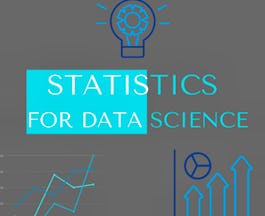
Coursera Project Network
Skills you'll gain: Basic Descriptive Statistics, General Statistics, Statistical Analysis
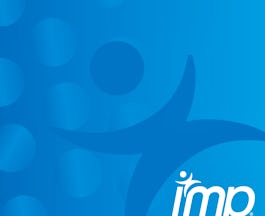
Skills you'll gain: Exploratory Data Analysis, General Statistics, Probability & Statistics, Statistical Analysis, Data Analysis, Data Visualization
 Status: Free
Status: FreeUniversity of Leeds
Skills you'll gain: Data Analysis, Data Visualization Software
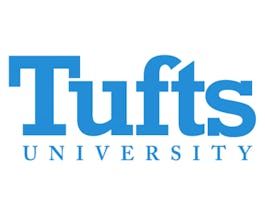
Tufts University
Skills you'll gain: Microsoft Excel, Python Programming

Illinois Tech
Skills you'll gain: R Programming
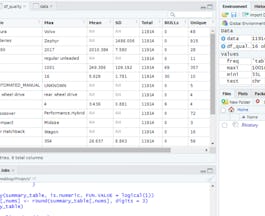
Coursera Project Network
Skills you'll gain: Basic Descriptive Statistics, General Statistics, R Programming
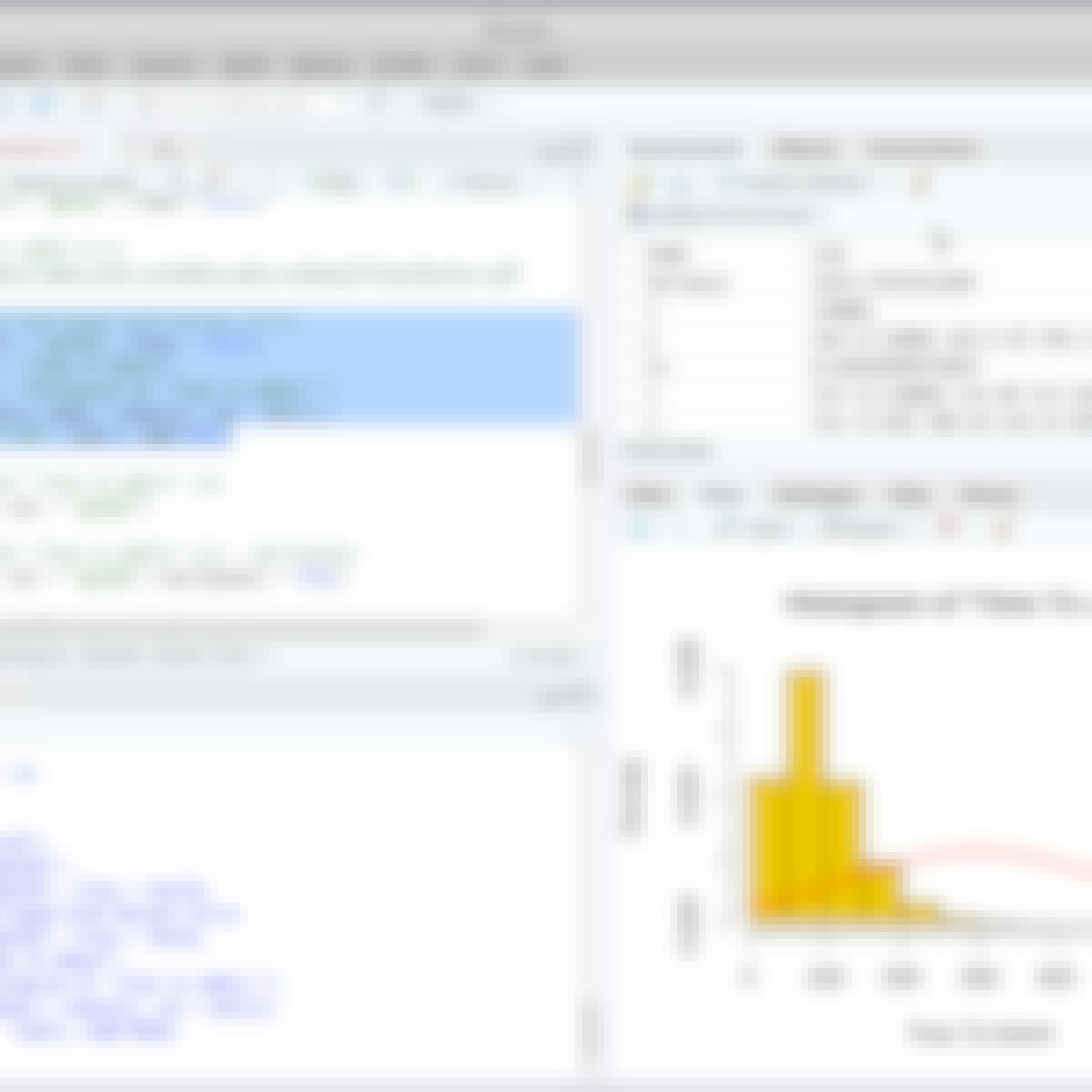
Coursera Project Network
Skills you'll gain: R Programming, Basic Descriptive Statistics, Data Science, General Statistics

University of Colorado Boulder
Skills you'll gain: Machine Learning, Data Science, R Programming, Regression, Statistical Analysis
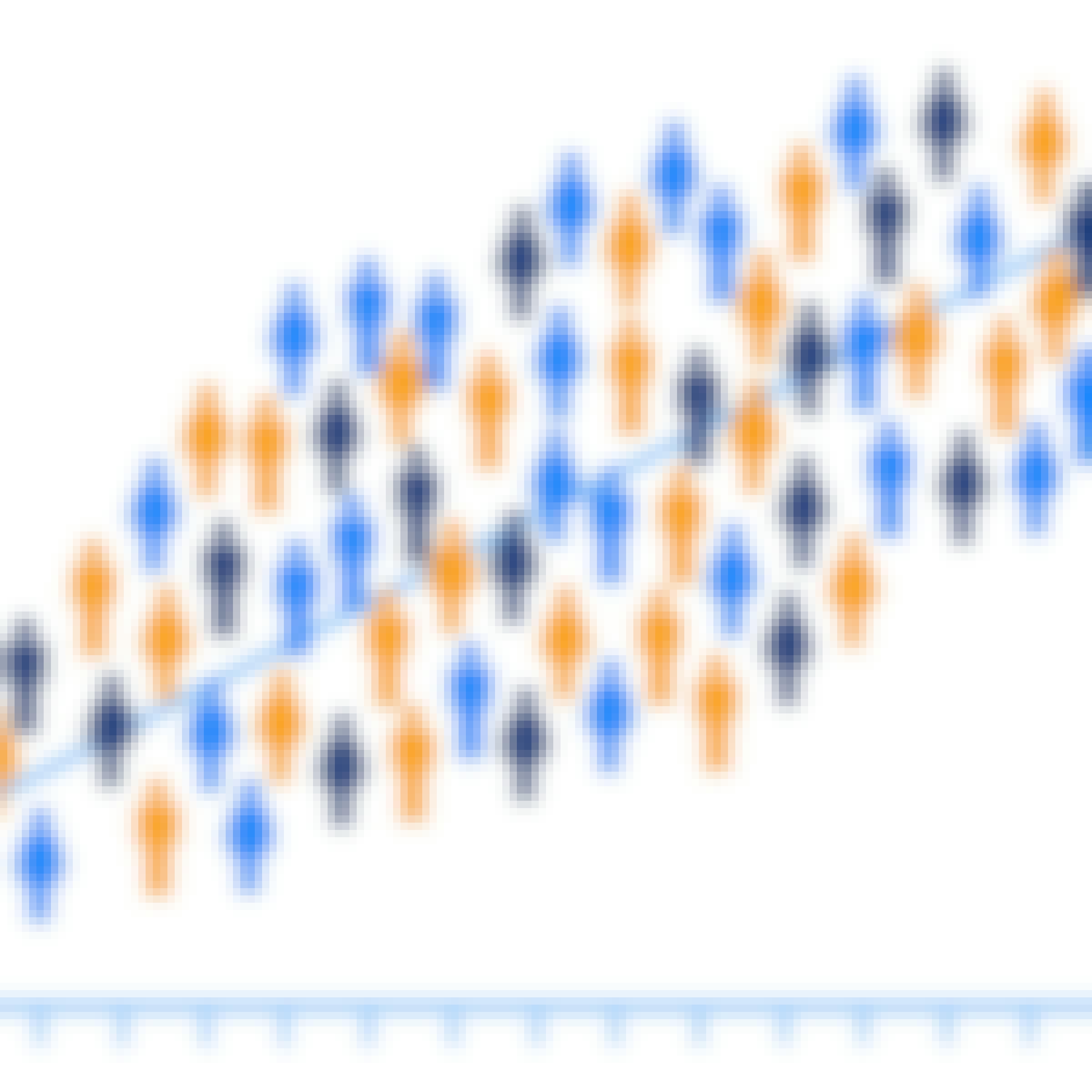
Johns Hopkins University
Skills you'll gain: Data Analysis, General Statistics, Probability & Statistics, Regression, Statistical Analysis, Statistical Tests
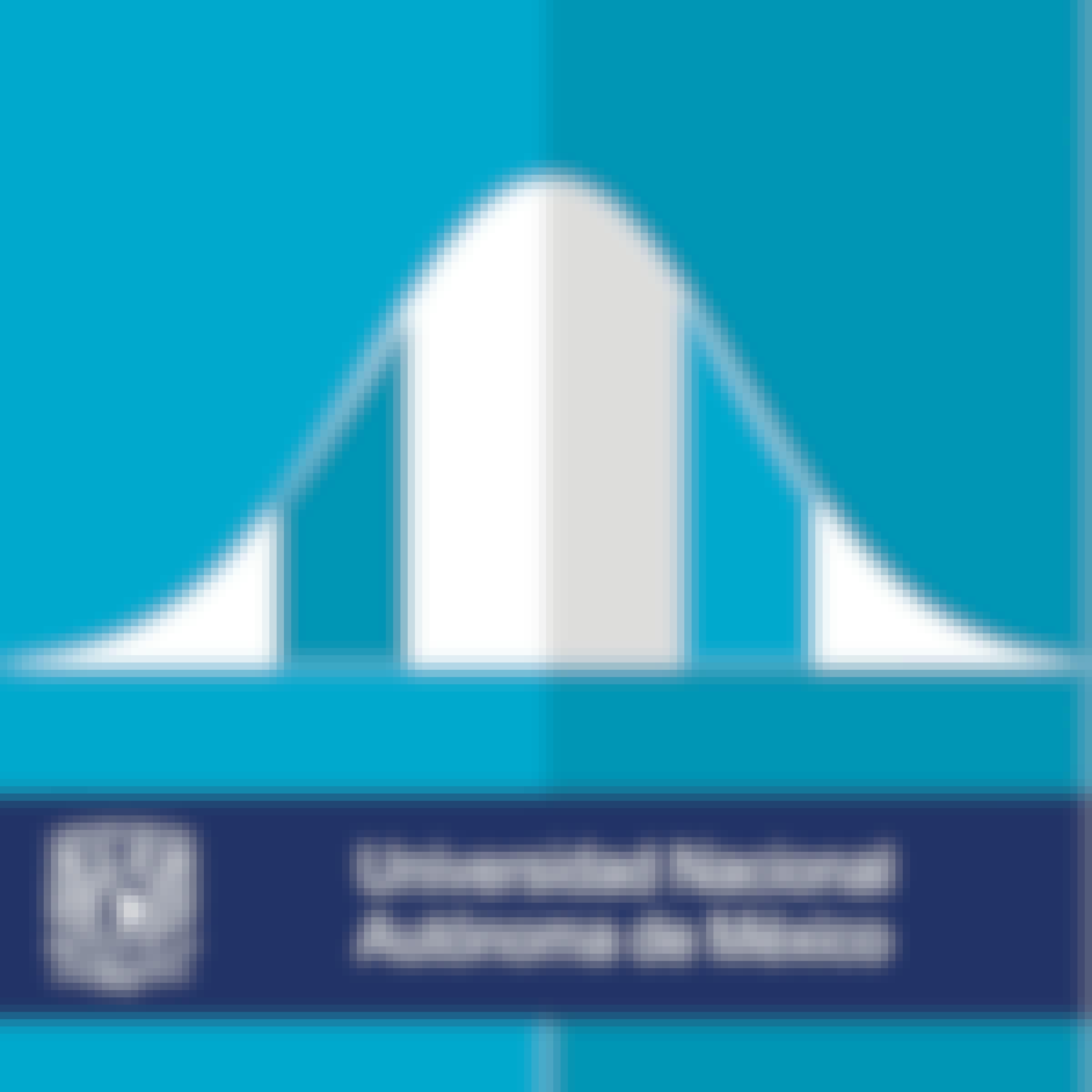
Universidad Nacional Autónoma de México
Skills you'll gain: Leadership and Management, Strategy, Business Analysis, Data Analysis, Entrepreneurship, Market Analysis

Illinois Tech
Skills you'll gain: R Programming

Queen Mary University of London
Skills you'll gain: Econometrics, Regression, Linear Algebra
In summary, here are 10 of our most popular sample+mean+and+covariance courses
- Statistics For Data Science: Coursera Project Network
- Statistical Thinking for Industrial Problem Solving, presented by JMP: SAS
- Statistical Methods: University of Leeds
- Hypothesis Testing with Python and Excel: Tufts University
- Linear Regression: Illinois Tech
- Using Descriptive Statistics to Analyze Data in R: Coursera Project Network
- RStudio for Six Sigma - Basic Descriptive Statistics: Coursera Project Network
- Regression and Classification: University of Colorado Boulder
- Quantifying Relationships with Regression Models: Johns Hopkins University
- Estadística y probabilidad: principios de Inferencia: Universidad Nacional Autónoma de México










